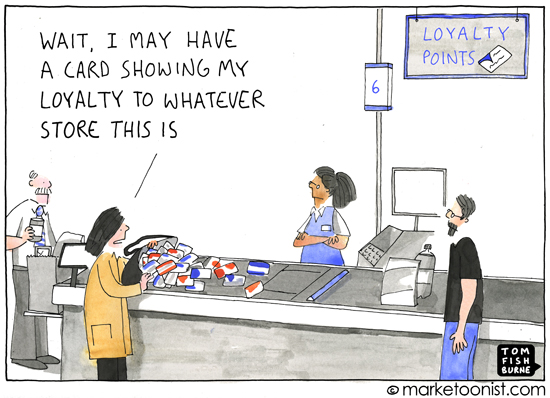Geoff Livingston wrote a great essay called Is Existing Online a Quest of Loneliness or Giving? It’s worth reading the whole thing, but here’s an excerpt that stuck out for me:
We exist in a time where anyone can determine and create unique lives online, accountable to no one, yet visible to and dependent upon all. Digital existentialism extends the sense of modernistic distress. There are so many red herrings and lost pursuits that distract. You can drug yourself digitally with almost any pursuit, and at the end find yourself nano-famous and alone.
That last line is so spot on. I thought about it again when I saw Shimi Cohen‘s excellent video The Innovation of Loneliness, which is making the rounds this week:
Later in his post Geoff says this:
We exist in the moment. Every effort spent, every tap on the keyboard provides a chance to impact an individual, contribute to the world, and add light to the picture.
Sure, efforts can lead towards darkness. Sometimes when we awaken to our outcomes, we realize the fruitlessness, or worse the destructiveness of our actions. What are you going to do, condemn yourself to the desert for a long march of hermitage? Or get up?
This is another good point. We’re all going to make mistakes. We might look at that video and feel like helpless victims. But that’s not true. We do have the power get up, to connect with people in a way that doesn’t just ignore the bad bits (I tried to do that here, and it worked out ok).
Related to this, I really enjoyed Chris Bowler’s Congestion, in which he discusses some ideas on how we might deal with this new reality of overload and over-connection:
To create is better than to consume.
But create for the few, not for the many.
Create for those you can see face to face.
Consume, but remember that the dose makes the poison.
When you consume something that is good, great, transcendent, consume it over and over … meditate on it, then act on it, be changed by it.
So much has been written about this topic, but I really like the common theme that runs through these posts and video: we are not victims of technology. We have a choice.


